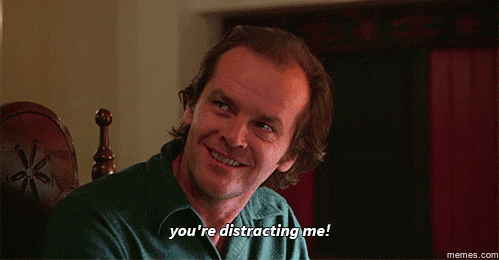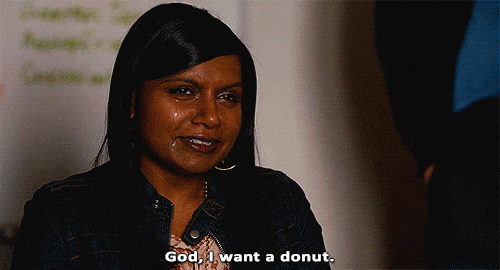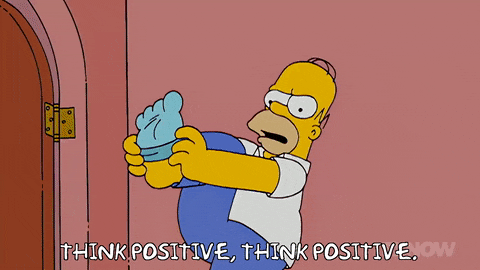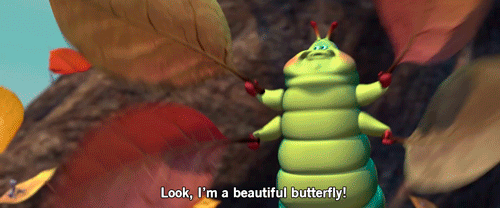Many people who suffer from binge eating feel alone and do not know how to cope. This bad eating habit often causes feelings of distress, guilt, and low self esteem. Breaking this habit is not impossible and you can prevent it from occurring through all sorts of different mechanisms. Binge eating does not make you a bad person nor a “failure”. You just have to know what actions to take to solve this problem.
Find a distraction.
When you are not preoccupied and have nothing to do, binges often occur. Having something to do, even if it is something simple, can make a big difference. Calling a friend, going for a walk, creating art, participating in your favorite sport, and even reading a book can keep you busy. Try to go outside instead of watching television which makes you eat more than you bargain for. Your mind will be more focused on your physical activities rather than lying around and eating even if you are not hungry at all.
Don’t wait until you are “starving”.
A lot of the time, you may wait until you feel like you are starving. This triggers you to go and eat anything you may have the slightest craving for. Try to eat meals with occasional snacks in between instead of forcing yourself to hold off which leads to binging. During these meals, have a glass of water and take sips after each or every other bite. Eating slow and drinking water can easily fill you up, preventing the illusion that you are hungry enough to eat the entire meal and keep you from feeling ‘gross’ afterwards. Once your brain catches up with your stomach, you realize that you were actually full in the middle of the meal and could have prevented a potential binge.
Don’t go on a restrictive diet.
You may think that you need to restrict what, where, when, and how you are eating in order to prevent your binges from occurring. In reality, once you are at a certain point of your diet, you will end up back to binge eating. This ends up being an endless cycle that gets you nowhere. When you do try to diet, you cannot be harsh on yourself. You can still eat your favorite foods, but just do it in portions. To prevent you from eating your favorite dozen of donuts in one sitting, try to start off with eating a healthy meal and then allowing yourself to eat one as a treat if you are still hungry.
Reverse your thought process.
A positive mindset is very important when trying to demolish this issue. You must understand that binge eating is not something that will go away overnight. It is something you need to work on with willpower and hope. Being pessimistic over it will hinder that chance and waste your time. We all know that they say if you make yourself smile, you start to feel happy. Well, that is true for thinking too. If you say positive things about yourself like, “I am a great person and binge eating does not define me,” (and it’s true!) you will start to believe it. Sometimes it takes talking to someone that you trust to help you boost your confidence and make the journey a little bit easier.
Write about your thoughts.
Keeping a journal can help you look at your feelings and thoughts right in front of you instead of all bunched up inside your head. By doing this, you can discover your negative behaviors and make a plan to reverse them. If you do not want to write in a journal, you can always make a list of your thoughts throughout the day to see if want to keep persisting or change them. Writing down thoughts that trigger binge eating on a piece of paper and throwing/shredding/burning it can also be relieving for some people. (Note: Burning the paper MUST be in a safe and secure area where there will be no fire hazards.)
According to Women’s Health (www.womanshealth.gov), binge eating affects about 4 million people in the United States today. Although it affects women more than men, both can suffer from it. You are never alone and can start the recovery journey at any time. It does not matter how minor or major your problem is because it is valid and can be prevented. The recovery process takes time, so not get worked up if you make a mistake. This does not make you a failure, and it actually helps you learn what else you need to change in order to prevent it next time.
Image Sources:
1 - Jeanne Segal and Melinda Smith of Healthguide.org (2017)
2 - Angie Marris of Prevention.com (2013)




























